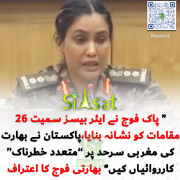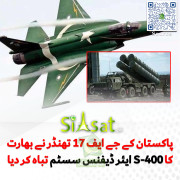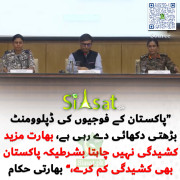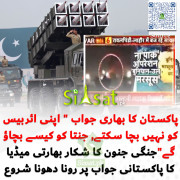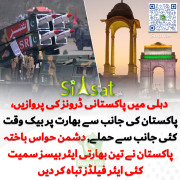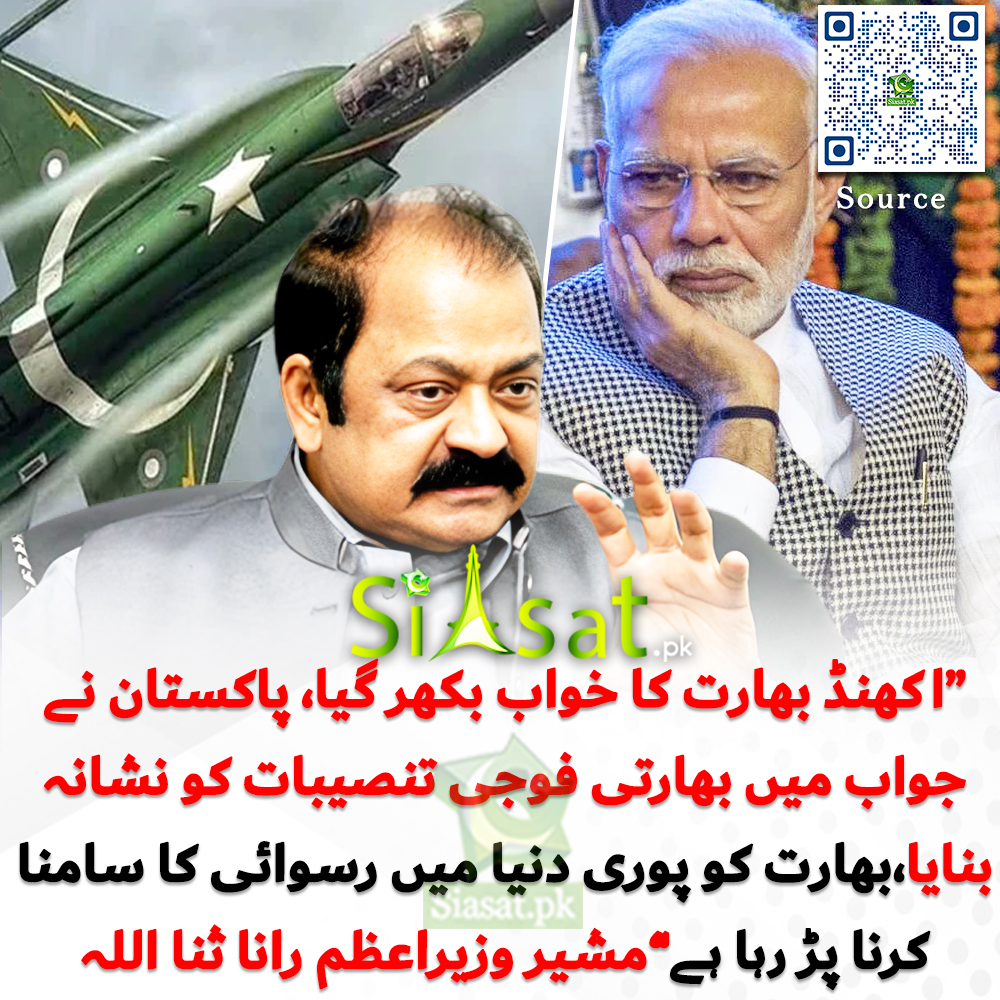IndiaGuy
Senator (1k+ posts)
SURAT: The new Darul Uloom vice-chancellor, Maulana Ghulam Mohammed Vastanvi, said "all communities" are prospering in Narendra Modi's Gujarat and there was "no discrimination against the minorities in the state as far as development was concerned." He was talking to TOI here on Tuesday.
This is arguably the most significant endorsement of Modi. Darul Uloom, based in Deoband in Uttar Pradesh, is a leading Islamic seminary in India and the fount of the Deobandi thought, which has adherants well beyond the country's borders, especially in Pakistan and Afghanistan.
Vastanvi, himself a Gujarati from Surat, is an MBA graduate and has been instrumental in introducing modern subjects in institutions run by Darul Uloom in Gujarat and Maharashtra, including medicine, engineering and allied subjects. His recent election as the Darul Uloom chief is seen as a possible change catalyst in this conservative seminary.
It's not easy for the man holding this chair to be charitable towards Modi, the person who has been accused of persecuting Muslims during and after the 2002 Gujarat riots. Asked about the riots, Vastanvi didn't give Modi a clean chit, but stressed that it was now time to move on.
"The issue is almost eight years old now and we should move forward," Vastanvi told TOI on Tuesday. "Rioting anywhere in Gujarat or in any other part of the world is bad for humanity and it should never happen. Gujarat riots were a blemish for India and all culprits should be punished."
Vastanvi said "there are not as many problems in Gujarat as has been projected." Asked about justice for the Gujarat riot victims, he said the riots had worsened "because the police did not act due to political pressure during those days".
But he differed with what many activists working among the riot victims or the UPA government at the Centre claim about continuing discrimination against Muslims in Gujarat. He said, "As far as relief work riot is concerned, it has been carried out very well by government and people of Gujarat."
The Deoband chief has obviously been impressed by the economic progress of Gujarat. He said, "Development has undoubtedly taken place in Gujarat and we hope it will continue. I ask Muslims to study well. The government is ready to offer jobs (to them), but for that, they need good education."
Vastanvi hails from Vastan village near Surat and his initiation into Islamic studies began at a seminary here.
Read more: New Deoband chief lauds Modi's Gujarat - The Times of India http://timesofindia.indiatimes.com/...Gujarat/articleshow/7315607.cms#ixzz1BQNKM0JM
Source:
http://timesofindia.indiatimes.com/...f-lauds-Modis-Gujarat/articleshow/7315607.cms
This is arguably the most significant endorsement of Modi. Darul Uloom, based in Deoband in Uttar Pradesh, is a leading Islamic seminary in India and the fount of the Deobandi thought, which has adherants well beyond the country's borders, especially in Pakistan and Afghanistan.
Vastanvi, himself a Gujarati from Surat, is an MBA graduate and has been instrumental in introducing modern subjects in institutions run by Darul Uloom in Gujarat and Maharashtra, including medicine, engineering and allied subjects. His recent election as the Darul Uloom chief is seen as a possible change catalyst in this conservative seminary.
It's not easy for the man holding this chair to be charitable towards Modi, the person who has been accused of persecuting Muslims during and after the 2002 Gujarat riots. Asked about the riots, Vastanvi didn't give Modi a clean chit, but stressed that it was now time to move on.
"The issue is almost eight years old now and we should move forward," Vastanvi told TOI on Tuesday. "Rioting anywhere in Gujarat or in any other part of the world is bad for humanity and it should never happen. Gujarat riots were a blemish for India and all culprits should be punished."
Vastanvi said "there are not as many problems in Gujarat as has been projected." Asked about justice for the Gujarat riot victims, he said the riots had worsened "because the police did not act due to political pressure during those days".
But he differed with what many activists working among the riot victims or the UPA government at the Centre claim about continuing discrimination against Muslims in Gujarat. He said, "As far as relief work riot is concerned, it has been carried out very well by government and people of Gujarat."
The Deoband chief has obviously been impressed by the economic progress of Gujarat. He said, "Development has undoubtedly taken place in Gujarat and we hope it will continue. I ask Muslims to study well. The government is ready to offer jobs (to them), but for that, they need good education."
Vastanvi hails from Vastan village near Surat and his initiation into Islamic studies began at a seminary here.
Read more: New Deoband chief lauds Modi's Gujarat - The Times of India http://timesofindia.indiatimes.com/...Gujarat/articleshow/7315607.cms#ixzz1BQNKM0JM
Source:
http://timesofindia.indiatimes.com/...f-lauds-Modis-Gujarat/articleshow/7315607.cms

